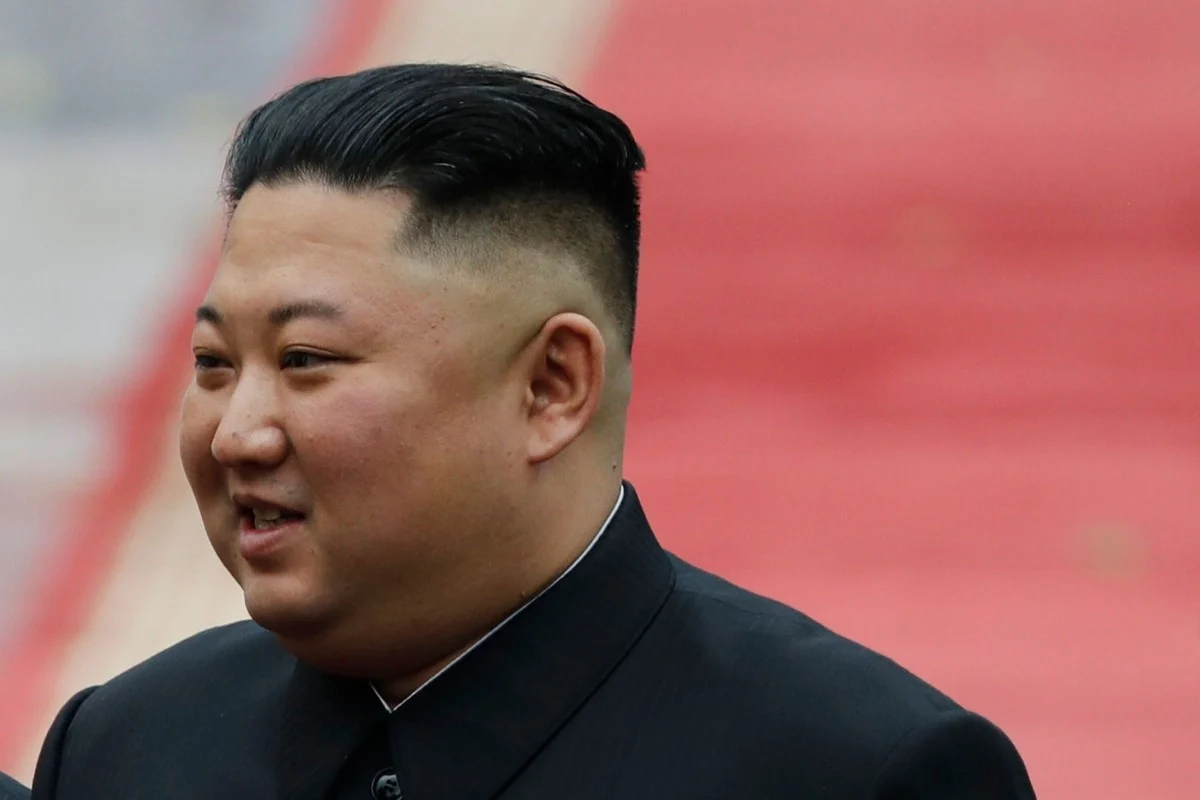The UN-assisted genocide tribunal´s indictment against Kaing Guek Eav, alias Duch, delivered in an antiseptic modern courtroom, described medieval methods of torture and execution allegedly carried out by the defendant when he commanded the communist group´s main prison when it held power in 1975-79. It adjourned before either prosecutors or the defense could deliver opening statements.
"Several witnesses said that prisoners were killed using steel clubs, cart axles, and water pipes to hit the base of their necks," it charged. "Prisoners were then kicked into the pits, where their handcuffs were removed. Finally the guards either cut open their bellies or their throats. After the executions were complete, the guards covered the pits."
The tribunal is seeking to establish responsibility for the reign of terror under Pol Pot, the group´s leader who died in 1998. An estimated 1.7 million Cambodians died of starvation, medical neglect, slave-like working conditions and execution under the Khmer Rouge.
Duch, 66, is with committing crimes against humanity and war crimes, as well as torture and homicide. He ran the group´s main prison, the notorious torture center known as S-21, or Tuol Sleng, in Phnom Penh. As many as 16,000 men, women and children were brutally tortured there before being sent to their deaths.
Duch holds the distinction of being not only the first member of the Khmer Rouge to face trial for the regime´s atrocities, but also the only one of five set to be tried to express remorse for his role.
He is alone among the five Khmer Rouge leader set to be trials in taking some responsibility for his actions and expressing remorse.
"Cambodians have been waiting 30 years for the Khmer Rouge to be tried for the violence and suffering they inflicted upon the population," said Prof. Alex Hinton, director of Rutgers University´s Center for the Study of Genocide and Human Rights. "That day has arrived."
After all the politics and procedural wrangling that delayed a trial for years, it was a dramatic moment when the five crimson-robed judges took their seats on the top tier of a podium to launch the proceedings.
No less dramatic was when Duch was asked to identify himself and gave his name as, "Kaing Guek Eav, alias Duch," — his nom de guerre (pronounced "Gang Geck Ee-uu" and "Doik"), before reciting a brief curriculum vitae.
The formalities of the trial require that the indictment be presented in full, and junior court officials took turns in reading out the lengthy document over several hours. What started as a simple recitation of history turned into a litany of horror as it described exactly what duties Duch had and what fates arrested his victims.
Duch´s job was to extract confessions of counterrevolutionary activity, but "Every prisoner who arrived at S-21 was destined for execution," said the indictment, which was issued last year when Duch was formally indicted.
"Interrogators used several forms of torture in order to extract confessions from prisoners. According to Duch, only four methods of torture were allowed: beating, electrocution, placing a plastic bag over the head and pouring water into the nose." It says he also acknowledged that he knew about the practice of puncturing or removing finger and toenails, and that there was evidence that "at least one prisoner was force-fed excrement."
Execution inevitably followed torture, and was equally gruesome. The indictment even alleges that "Some prisoners were killed by having large quantities of blood withdrawn by medics," leaving them unconscious and gasping.
Scores of survivors traveled from around the country to witness the trial. Among them was Svay Simon, a one-legged, 64-year-old farmer whose limb was blown off by a Khmer Rouge bomb in 1975. He lost 10 relatives, including his sister and brother, to the regime.
"I never thought I would have a chance to see Duch and sit in on this trial," he said, walking with a cane as he entered the courtroom.
Five hundred seats are allotted for the public in the auditorium-like courtroom.
Duch´s French lawyer, Francois Roux, said last month that his client wished "to ask forgiveness from the victims, but also from the Cambodian people. He will do so publicly. This is the very least he owes the victims."
Duch disappeared after the group fell from power, living under two other names. He returned to teaching and converted to Christianity before he was discovered by chance by a British journalist in the Cambodian countryside in 1999.
Since then he has been in detention awaiting trial. Only now, after years of political and procedural wrangling, is his case ready to be heard.
Human rights groups want the number of defendants increased beyond Duch and the four senior Khmer Rouge leaders being held for trial in the next year or so.
Critics of the tribunal also charge that Cambodia´s government has sought to limit its scope because other suspects are now loyal to Prime Minister Hun Sen, and to arrest them could be politically awkward.
Cambodian state television and radio were broadcasting Monday´s proceedings live, and 70 percent of the country´s 14.3 million people were expected to tune in, Information Minister Khieu Kanharith said. The verdict at the end of the trial is also expected to be broadcast live.
The trial resumes Tuesday.
___
Associated Press writers Susan Postlewaite and Sopheng Cheang in Phnom Penh contributed to this report.
Last Khmer Rouge leaders guilty of genocide, get life terms





































